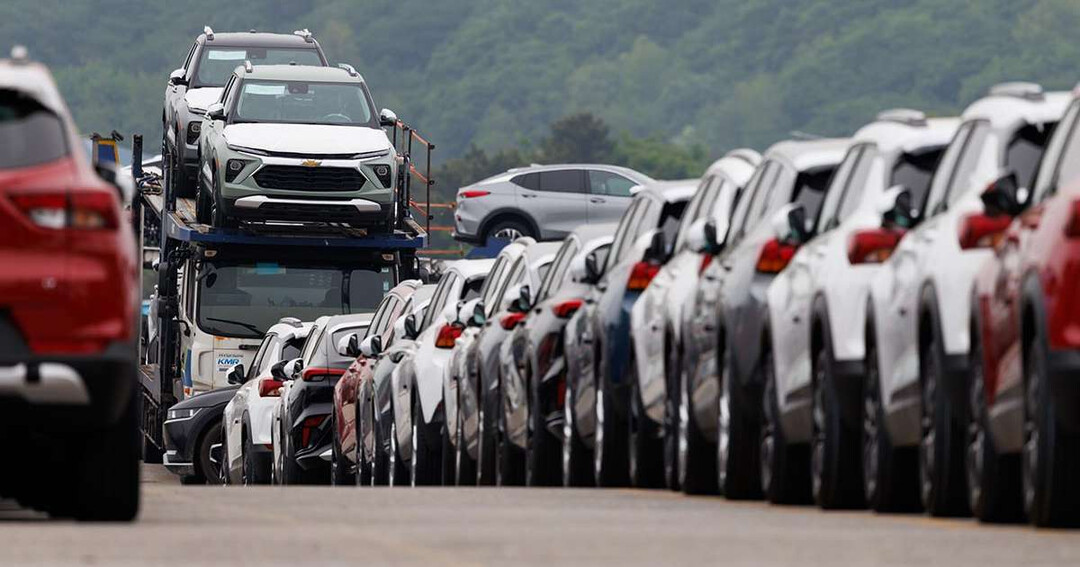
NEW YORK — The Trump administration has finalized a deal to lower tariffs on automobiles and auto parts from Europe to 15%, matching the rate previously set for Japan. This decision, which is retroactive to August 1, puts South Korean automakers like Hyundai at a significant disadvantage, as they remain subject to a 25% tariff on their exports to the U.S. market.
According to reports from Bloomberg and Reuters on September 24, the U.S. Commerce Department and the Office of the U.S. Trade Representative (USTR) announced the agreement with the European Union. The deal lowers the previous 27.5% tariff on European cars and parts to 15%. This comes after the EU committed to preparing legislation that would eliminate tariffs on some U.S. manufactured goods and provide preferential market access for certain American agricultural and seafood products.
The shift marks a dramatic change in the global automotive trade landscape. Just a few months ago, South Korean companies benefited from a favorable position under a free trade agreement (FTA), which granted them zero tariffs. However, since the Trump administration initiated a trade war and began applying tariffs in April, the terms of that FTA have been effectively nullified, leaving South Korean exports at a competitive disadvantage.
A Steep Price for Seoul
The high 25% tariff on South Korean vehicles stems from a breakdown in negotiations between the U.S. and South Korea. While the two countries had tentatively agreed to a reciprocal tariff reduction, including a cut on auto tariffs from 25% to 15%, subsequent talks stalled. The Trump administration reportedly made several demanding conditions, including a massive cash investment from South Korea to the U.S., with 90% of the profits from the investment to be returned to the U.S.
In an interview with Reuters on September 22, South Korean President Lee Jae-myung expressed serious concerns about the U.S.'s demands. "If we were to invest $350 billion in cash as the U.S. is demanding, without a currency swap, South Korea would face a situation similar to the 1997 foreign exchange crisis," President Lee stated.
This situation highlights the immense pressure on the South Korean government and its automotive industry. While major global competitors like Japan and the EU have secured more favorable terms, South Korean companies are left to navigate the U.S. market with a much higher tariff burden. The ongoing stalemate threatens to undermine the competitiveness of South Korean brands and could have broader implications for the nation’s economy. The outcome of these negotiations will be closely watched, as it will determine the future of South Korea's relationship with a key trading partner and its position in the global market.
[Copyright (c) Global Economic Times. All Rights Reserved.]




























